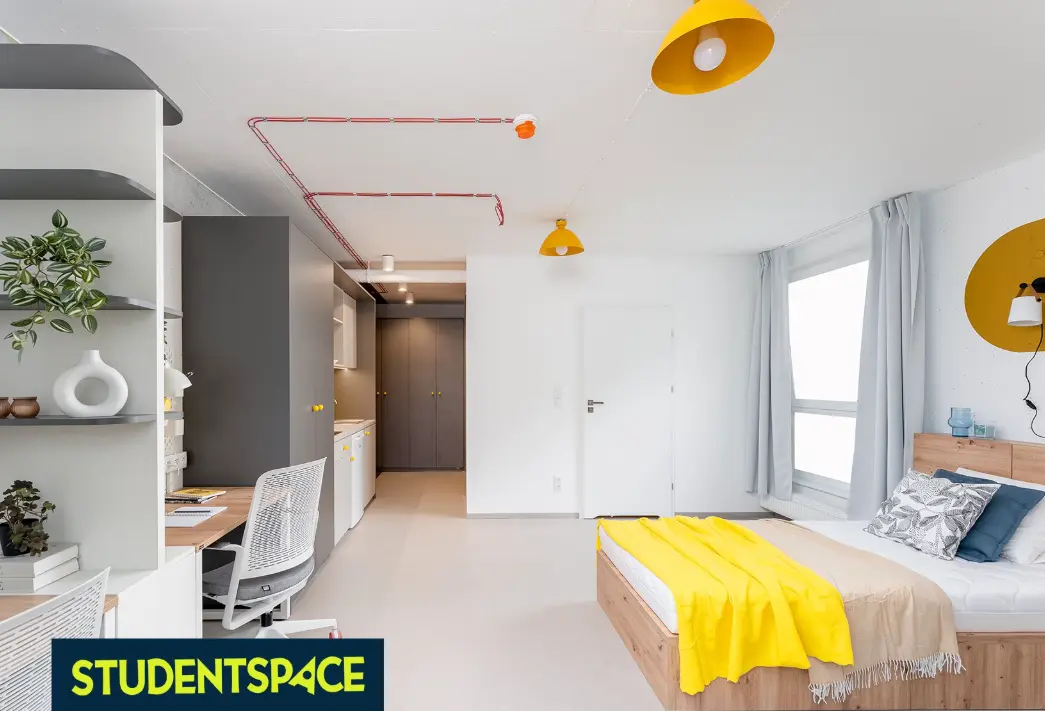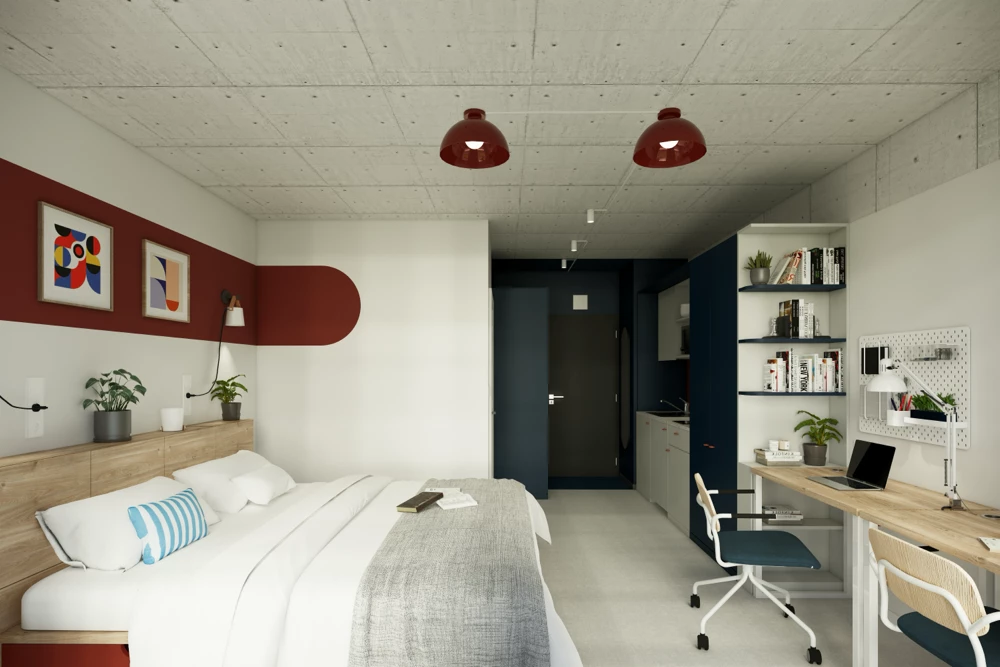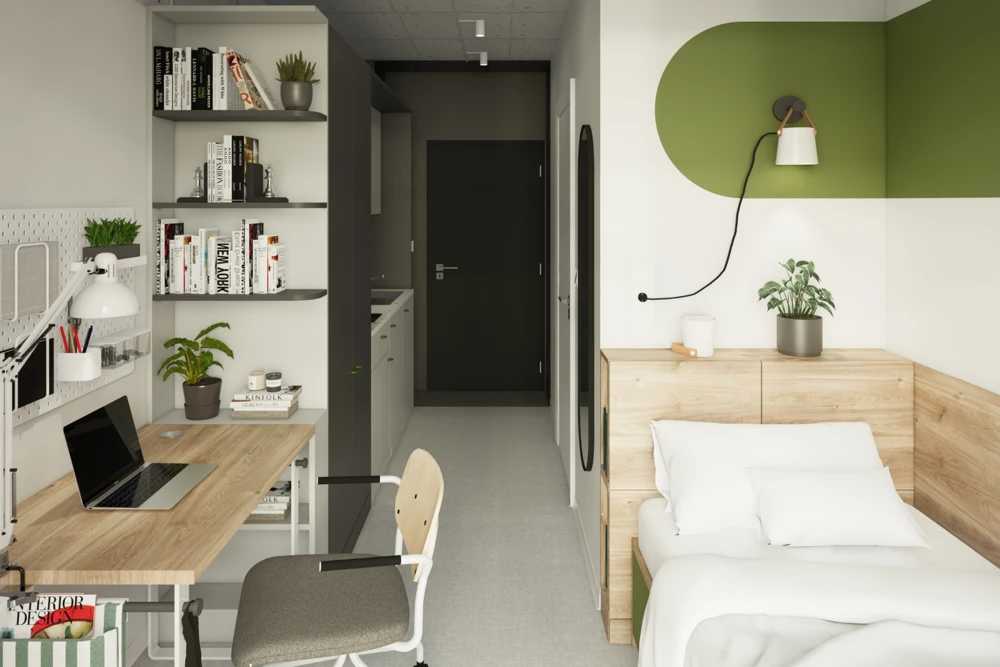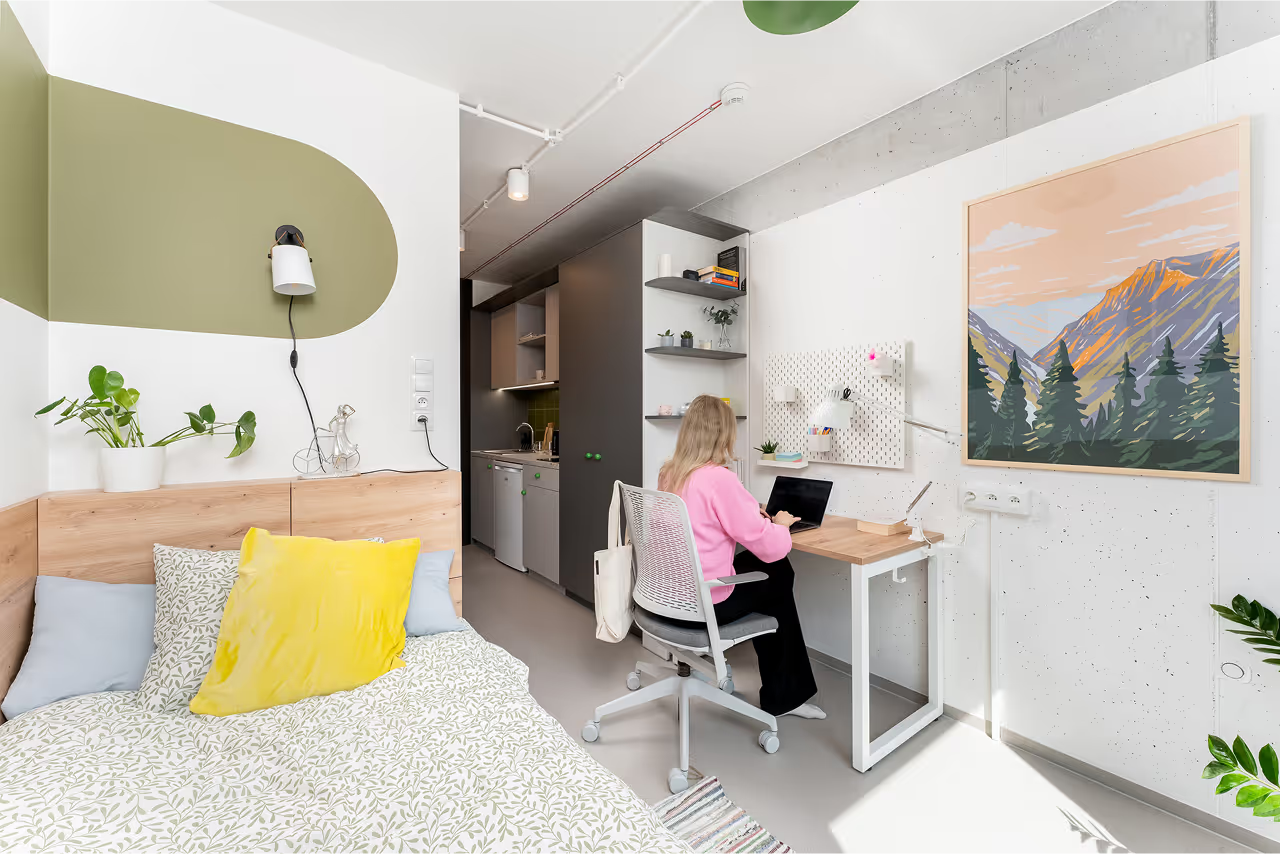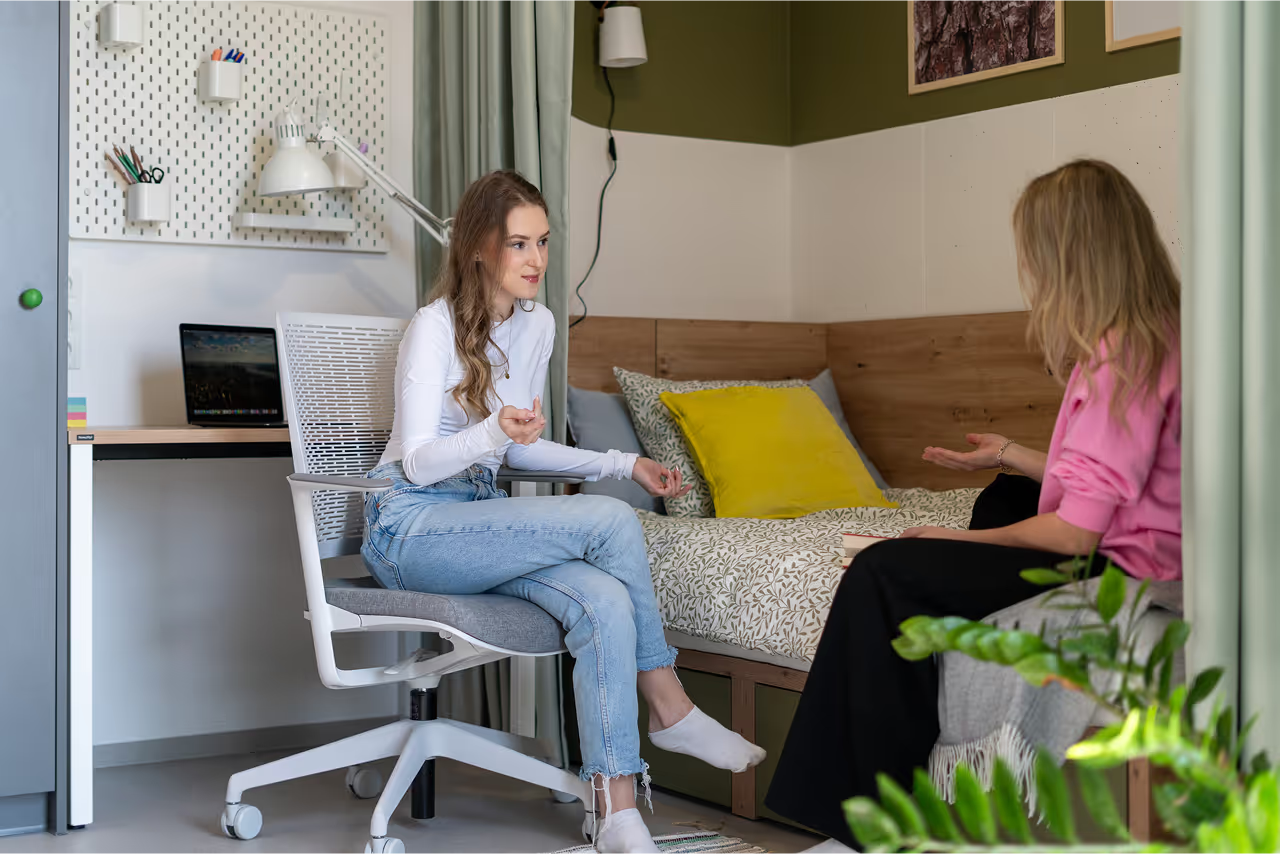
If you've just finished high school or are starting your first year of university, this guide will help you understand how academic daily life works. We'll go through all types of classes together, show the differences between them, and give you tips on how to navigate — without stress and unnecessary surprises.
University Lectures — Theory in Practice
Wondering what university lectures are like and whether they resemble high school lessons? This is one of the first surprises awaiting new students. At university, no one checks attendance at every possible opportunity, and lecture halls are filled with dozens, sometimes hundreds of people. A lecture isn't a textbook recap, but a meeting with someone who has enormous knowledge and shares it in a dynamic, often inspiring way.
Lectures are the basic form of academic classes where theoretical knowledge is conveyed. They serve to help you understand main concepts, mechanisms, and ideas before you start applying them in practice. Sometimes they're led by professors, sometimes by younger lecturers — it all depends on the program and specific subject.
Are university lectures mandatory? It depends. In some programs, attendance is only checked symbolically, in others — regular participation may be a condition for being admitted to the exam. It's always worth checking this at the beginning of the semester.
If you imagine a lecture as boring 90 minutes — you might be surprised. Some classes attract like a good podcast, others can be challenging. In both cases, it's worth knowing how to make use of them: how to take notes, when to ask questions, and why you shouldn't hide in the back row.
University Tutorials — Theory Meets Practice
After lectures comes time for tutorials, which are classes where you check whether you really understood what was discussed in theory. This is where knowledge starts being translated into action — you solve problems, analyze cases, and participate in discussions. Everything happens in smaller groups, usually numbering from 15 to 30 people.
University tutorials differ from lectures primarily in form. Here you can't just "sit through it" — you need to be present, engaged, and ready to work. Attendance is usually mandatory, and the instructor expects active participation: from solving problems, through presentations, to joint projects.
For many students, tutorials are the most important form of classes — they allow better understanding of material and preparation for exams. It's also a good moment to ask questions you didn't dare ask during the lecture, or simply make sure you're interpreting everything correctly.
In some programs, tutorials take various forms — they can be classroom-based, field-based, or sometimes project-based. Regardless of form, it's worth taking them seriously — this is often where you earn points necessary to pass the subject.
Laboratories — Learning Through Experience
In some programs, especially technical, natural sciences, and medical ones, laboratories are everyday reality. These are classes where you don't just analyze data, but work with specific equipment, solve practical problems, and independently conduct experiments. Simply put: it's practice in its purest form.
Unlike tutorials, where you mainly analyze theory, laboratories require action. Here it's not enough to know the definition — you need to be able to apply it in reality. Sometimes independently, sometimes in a team, but always based on procedures, safety rules, and specific goals to achieve.
At the end of most laboratory classes, something awaits you that will become routine: a lab report. This is a written summary of conducted activities, results, and conclusions.
Laboratories can be intensive, time-consuming, and often require concentration. But they also give enormous satisfaction — you learn through action, not just by sitting in a seat. Plus, it's great training for future professional work, especially if it involves research, engineering, diagnostics, or quality control.
Colloquia and Seminars — Discussion and Research
Not all university classes involve listening to lectures or doing exercises. Colloquia and seminars are forms of classes that usually appear in higher years of study and require greater independence. Here you are an active participant — you don't just listen, but also discuss, analyze, and present your own conclusions.
A colloquium can be described as something between a lecture and tutorial. In a smaller group, you discuss a specific topic, often based on previously read texts, case studies, or source materials. Your opinion counts, as does your ability to argue and talk with others. Attendance? Usually mandatory.
A seminar is the next level of initiation. These are classes preparing you for writing your thesis — bachelor's or master's. Under your supervisor's guidance, you develop your topic, present successive stages of work, conduct research, and learn what academic methodology looks like. Presentations, papers, and text discussions are standard.
In these classes, you learn not only knowledge from your field, but also critical thinking, precise thought formulation, and conducting constructive conversation. For many students, seminars become the turning point — the moment when they start connecting knowledge with real scientific work.
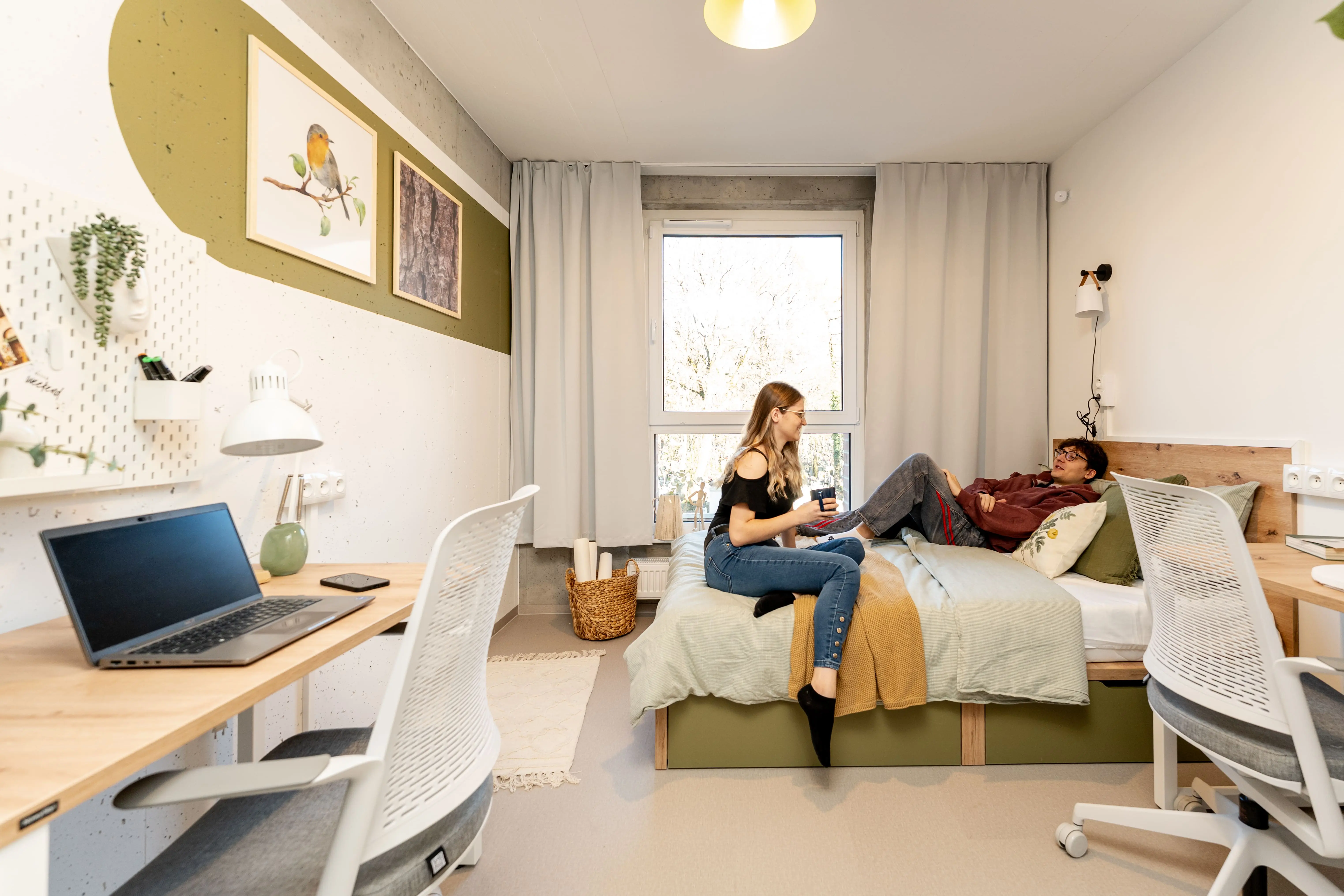
Specialized Forms of Classes — Internships, Projects and Workshops
University isn't just lecture halls and tutorial rooms. In many programs, specialized forms of classes play a big role, allowing you to gain real experience and better prepare for professional work. We're talking about internships, team projects, and workshops that often take place outside university walls.
Professional internships are one of the most important elements of studies, especially in technical, educational, medical, or social programs. You might end up at a company, public institution, school, or laboratory — everything depends on your study profile. Internships can be mandatory or voluntary, but it's always worth treating them as an opportunity to gain valuable contacts and skills.
Team projects are a form of classes that teaches cooperation, time management, and responsibility for a common result. In many cases, they lead to creating presentations, reports, or prototypes. For students, this is often the first step in learning to work in a team — without this, success in any industry is difficult today.
There are also workshops, which are short, intensive forms of practical learning — often led by outsiders: company specialists, practitioners, or graduates. Here the focus is on skills: from public speaking, through programming, to operating specialized software.
These classes often best show how theory translates to practice. It's worth taking advantage of them because they allow you to gain experience that's really useful after graduation — and makes you stand out in the eyes of future employers.
How to Prepare for Different Types of Classes? A Practical Guide
The diversity of university classes can be overwhelming at first. Lectures, tutorials, laboratories, seminars... — each of these forms requires a different approach, organization, and work style. That's why it's worth developing your own system that will help you navigate better and study effectively.
Start with a weekly plan. Write down all your classes and check where you have more theory and where more practice. This will allow you to distribute studying so you don't leave everything to the last minute. Remember that between lectures and tutorials you need time for preparation — it's worth reserving it in your schedule.
A well-chosen note-taking method is fundamental. Shortcuts and mind maps work well in lectures, during tutorials and seminars — notes from discussions, key questions, and conclusions. For laboratories — it's worth creating a report outline on the go.
Collaboration with other students really works. Creating study groups, jointly preparing for tests, or sharing materials can save a lot of time and stress. If you have problems, don't be afraid to write to instructors — it's completely normal.
On a daily basis, you can also use task organization apps like Notion, Todoist, or Google Calendar. They help manage deadlines for credits, reports, and projects.
If you live in student accommodation, a well-planned study space is key to success. At StudentSpace dorms, you have quiet coworking areas, study rooms, and fast Wi-Fi throughout the building at your disposal. You can study alone in your room or together with others in common spaces. This makes it easier to concentrate, organize notes, or prepare presentations — regardless of whether you have a lecture, tutorial, or colloquium ahead of you.
Explore more tips and insights for students
Book your space in a private student dorm close to your university.


We are waiting for you
at StudentSpace
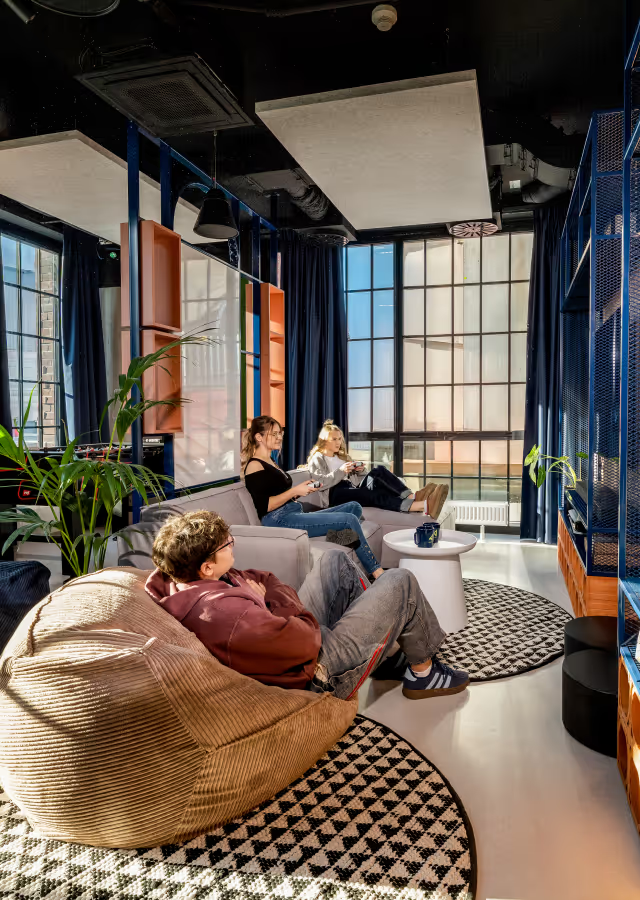







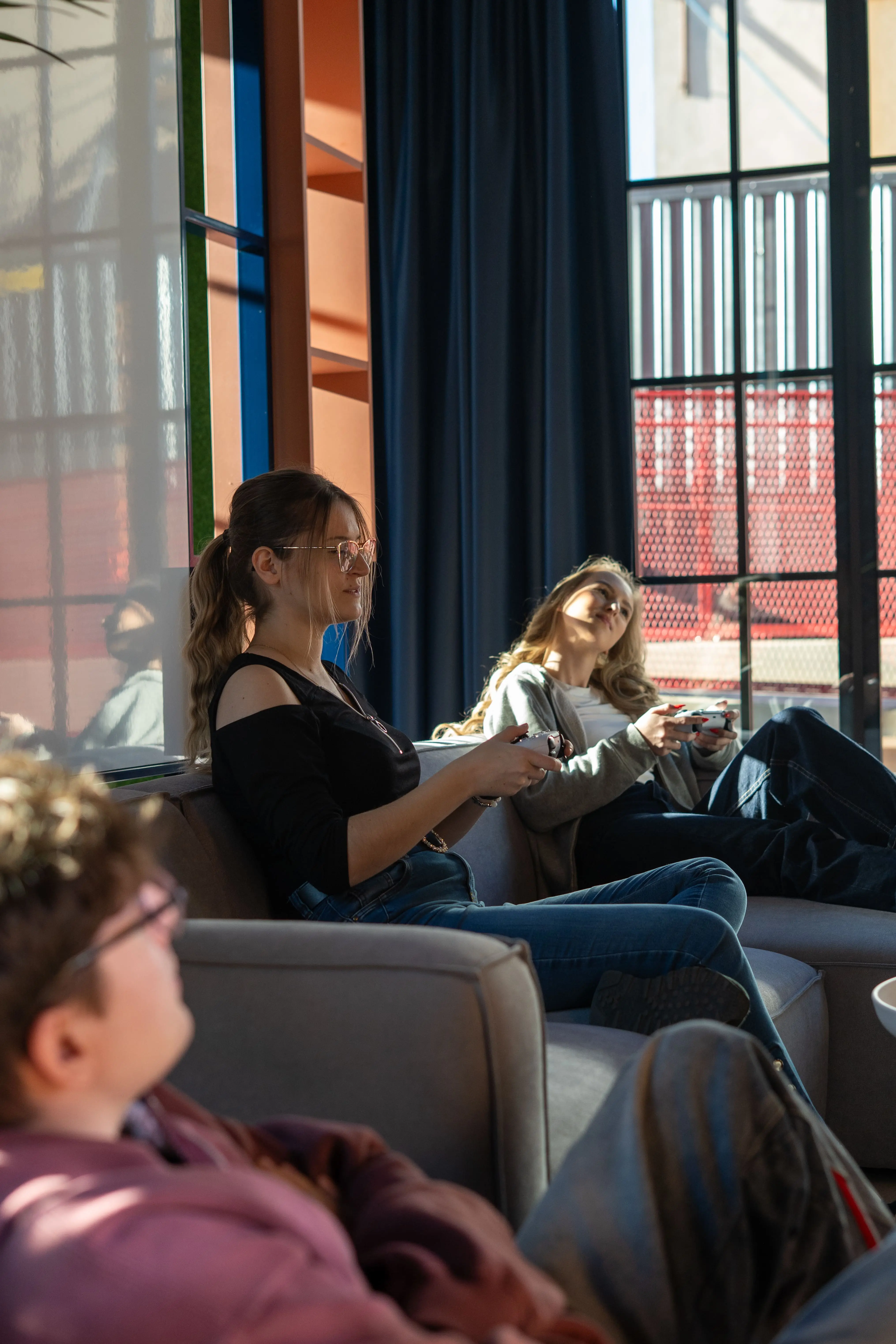
.webp)




